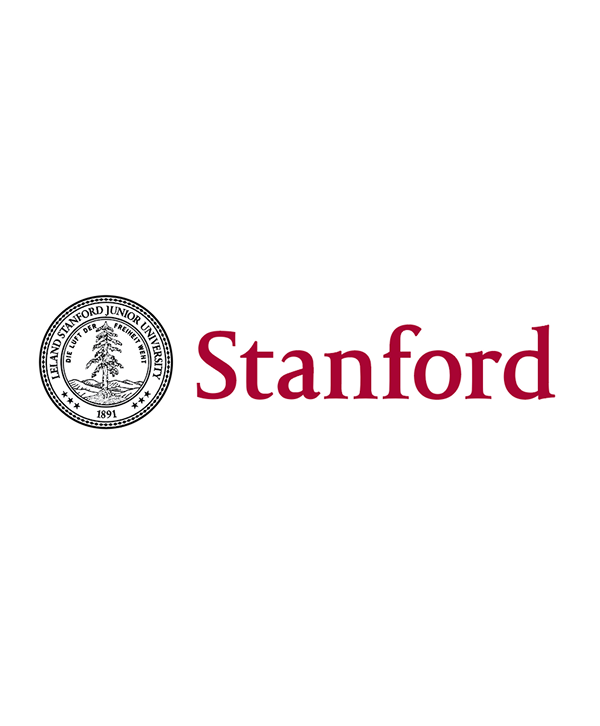When it comes to applying for scholarships or college, knowing how to ask a teacher for a recommendation letter can make all the difference. Admissions officers might learn more about you than just your test scores by reading a teacher's recommendation letter, which includes insights about your personality and strengths.
Why are educators the best candidates to write these letters? They have, however, witnessed your academic and personal growth in school. They can identify qualities that can be important when you start college because they are aware of how you handle various problems. This tutorial will teach you when and how to request recommendation letters from teachers.
One of the most crucial parts before the request is selecting the teacher. Here are some primary elements you need to consider when choosing the teacher:
1. Select Teachers Who Know You Well
Selecting a teacher who knows you both as a student and as a person is always a good idea when looking for a recommendation. No one will have a greater understanding of your progress than a teacher who has been teaching you for many years or in multiple classes with you. They discuss issues pertaining not just to your academic achievement but also to your work habits, character, and mannerisms toward other students. This will be beneficial since they will be able to speak well of you and positively about your work ethic, abilities, and character.
2. Choose Teachers in Related Subjects
Ask teachers who teach courses linked to the career you want to pursue for advice. A reference letter from a math or science teacher, for instance, will be more beneficial if you are applying to a program in science or engineering since it highlights your skills in the areas that are pertinent to the program (e.g., a science teacher for a STEM application).
Don't limit yourself to teachers in your most basic topics, though. You can give the idea that a teacher is adaptable by choosing one from a creative field or one in which you have expressed interest.
3. Consider Thinking About Faculty Members Who Know About Your Extracurricular Activities
Activities outside of the classroom are very important while applying to colleges. Teachers who had the chance to witness your accomplishments in other spheres of life write some of the strongest recommendation letters. A teacher will have a good idea of your leadership abilities, collaboration, and perseverance if they oversee a club you volunteer for or coach a team you play on. These attributes show that you, as an applicant, are not just a diligent student but also a contributing member of the school community, which makes them very attractive for college admissions.
Note: Select a new teacher, someone you know well, to write a letter for you if you receive blank looks or two-sentence letters. A friendly teacher's two-paragraph letter, personally addressed, is preferable to a lengthy generic letter from a teacher who doesn't even remember you or your strengths. It's common to discover that the most ready teachers to write a complimentary letter are those who know and like you. For this reason, especially in high school, you should get along well with your teachers!
After you have chosen the teacher, now let's delve into the steps you need to consider when you are putting your request forth:
Ask Early
Get in touch with your teachers as soon as possible before submitting your application. Give the teacher enough time to compose a considerate letter—ideally four to six weeks. This will give them plenty of time to compose a letter that is full of motivational and thorough words to make it seem more positive and persuasive that you are a perfect fit for the college. Steer clear of last-minute requests as they may cause the teacher stress and produce a hurried letter.
You might think about requesting even sooner for early decision or early action applications, maybe right before the conclusion of your junior year or at the start of your senior year if your deadlines are more constrained.
Ask in Person (if possible)
It is much more polite and efficient to request a letter of recommendation in person rather than by email. This is because communicating in person enables you to express sincerity and appreciation, which strengthens the case for your request. Speaking with the teacher directly helps them understand your needs from the start. On the spot, they can quiz you about your objectives, passions, and the rationale behind the recommendation.
To request a letter of recommendation in person, follow these steps: Wait until the teacher has some free time; this could be after class, during office hours, or schedule a time to talk. Do not enquire during exam week or whenever group projects or assignments have a due date.
Include Necessary Details
You must provide them an email or written report with all the relevant information after your face-to-face conversation. When asking for a recommendation letter, keep in mind that you should provide your teacher with all the information they will require to write the letter. This covers the type of recommendation, be it for a job, college, or a scholarship. A list of accomplishments is something that some individuals include, but you might want to share particular examples of your efforts in class.
However, if you include too much information, your letter may just restate what is already on your résumé or transcript. You will receive a more significant letter if you let your recommender handle placing you. Remember to include the due date, directions for submitting, and any other forms that are needed.
Send A Reminder
Since teachers frequently have a lot on their plates, it could be considerate to gently remind them of the deadline for the letter. A week or two prior to your deadline, send a quick SMS or message to confirm that they have not forgotten your request. Indicate in the memo what has to be done, including the different topics they should discuss. Finally, express gratitude to them for volunteering to write the letter for you and include any information you may have overlooked before.
Express Gratitude and Update Them
Thanking your teacher comes next once you have approved the recommendation letter and sent it on its way. Here's how to express gratitude to educators for composing recommendation letters: Send a brief email message or make a brief handwritten "Thank you" note. They will value the gesture and think more highly of you personally.
In addition to expressing "thank you," it's crucial to update your teacher on the progress of your application and let them know whether you were accepted or not. Since they are aware of your accomplishments and progress, it will be simpler to ask for their recommendation in the future. Teachers value seeing the results of their support, so remember to let them know whether you were admitted or if you met your objective so they know you recognise their efforts.
When asking for recommendations, one of the most important questions is: How Many Teachers Should You Approach for Recommendation Letters?
The requirements of the college you want to attend will determine how many teachers you need to ask for recommendation letters. The majority of institutions typically ask for two letters of recommendation from teachers. However, since schools could ask for more or even fewer letters, students should double-check. You may choose instructors from other disciplines, such as a STEM teacher and a humanities teacher, to get a well-rounded perspective on your strengths.
Additionally, keep in mind that when it comes to recommendation letters, quality matters far more than number. Having two quality letters is preferable to having multiple generic ones. Two letters should be sufficient most of the time, but if your chosen instructors are unable to write one for you, have another teacher in mind.
It will be simpler for your teacher to write a strong reference for you if you are well-organized, courteous, and explicit. A solid recommendation letter offers a reliable, outside validation of your abilities, traits, and achievements. Since many applicants may have comparable educational backgrounds or skill sets in competitive applications, a standout letter can help you stand out by emphasizing your special advantages and accomplishments. Finally, requesting and receiving a well-considered reference shows that you are a well-organized, communicative, and serious applicant.





